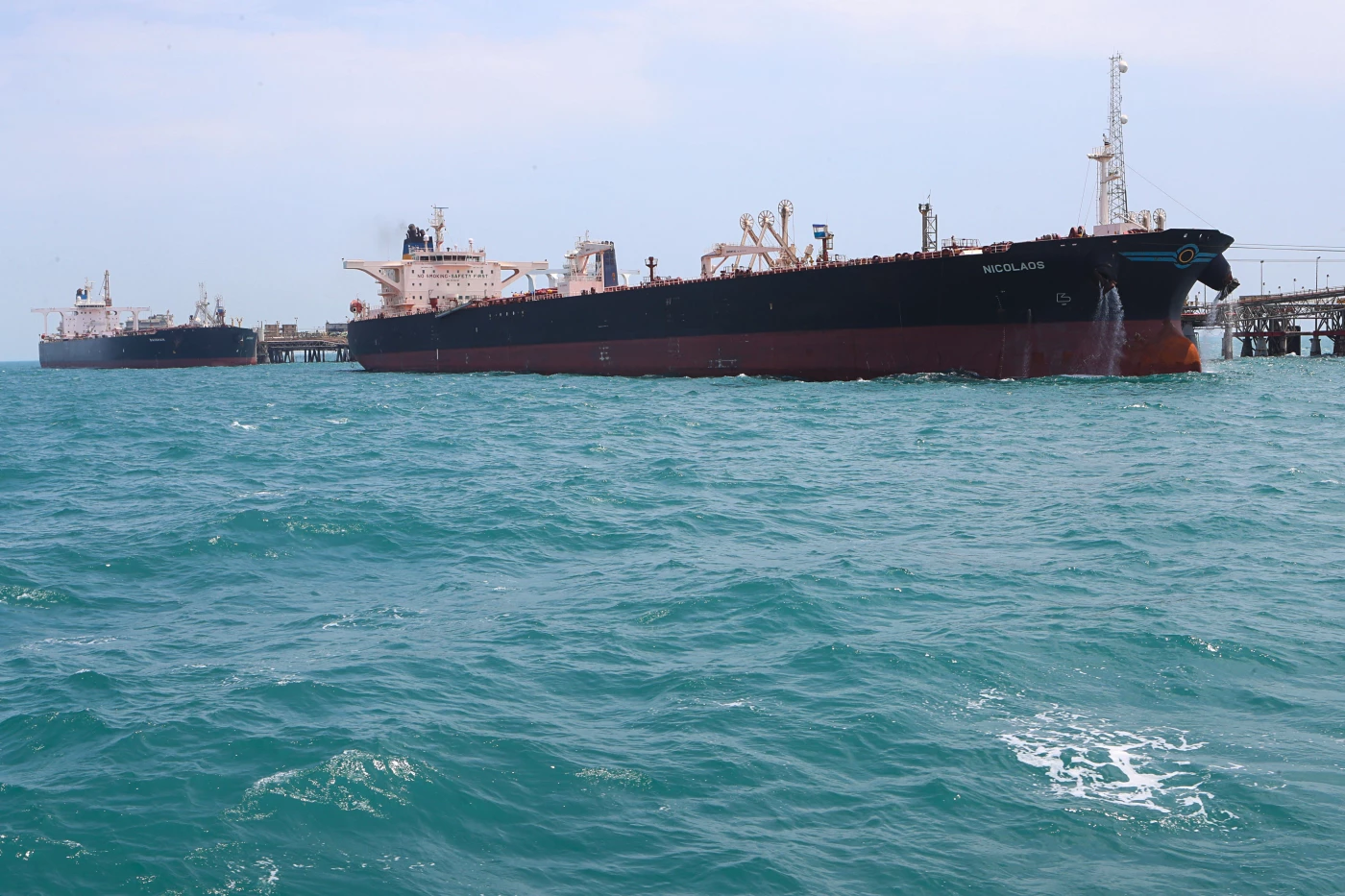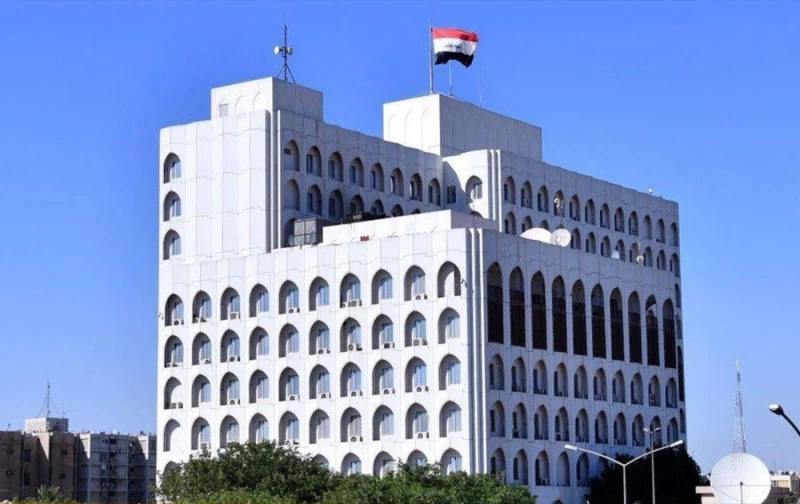ERBIL, Kurdistan Region of Iraq – The US State Department on Tuesday announced the imposition of new sanctions on entities accused of smuggling Iranian oil through Iraq, with Iraq’s State Organization for Marketing of Oil (SOMO) on the same day denying reports of illicit exports and oil mixing.
“Today, the United States is acting decisively to stem the flow of revenues to the Iranian regime for its destructive and destabilizing conduct in Iraq, the Middle East, and around the world,” a State Department press statement said.
Washington has long accused Iranian actors of seeking to circumvent US sanctions by passing off Iranian oil as Iraqi, with smugglers in Iraqi ports mixing oil from its neighbor with its own exports. Officials in Baghdad have strenuously denied the claims.
“Among those sanctioned today are a network of companies and vessels led by businessman Waleed al-Samarra’i (al-Samarra’i), a dual citizen of Iraq and Saint Kitts and Nevis, for smuggling Iranian oil disguised as Iraqi oil,” the statement continued.
“We will not hesitate to utilize all available tools at our disposal to counter those who enable Iran’s illicit oil trade,” it concluded.
On the same day, SOMO Director and Chairman Ali Nazar al-Shatari, speaking to Iraqi state media, denied any mixing or smuggling of oil in Iraqi ports or the country's territorial waters, saying that "oil tankers are subject to real-time monitoring from the time they are loaded until they arrive at the refineries."
Shatari told INA that “oil products are sold at global prices based on recognized publications... All quantities are accurately recorded and known, and sales and payment transactions are conducted through clear and transparent global banking mechanisms that cannot be tampered with."
SOMO “maintains a complete and up-to-date record of every tanker handling Iraqi oil, and we operate with a high degree of transparency with security and regulatory authorities,” he continued. “The appearance of some unknown tankers in tracking programs does not necessarily mean they are engaged in smuggling. Rather, they may be affiliated with other ministries, such as industry or defense.”
In July, The New Region reported that US sanctions targeting Iran-backed oil smuggling networks led to the suspension of operations at Berth 41 of Khor al-Zubair Port in Basra province, with lawmakers and economists warning that such illicit activity can harm Iraq's international standing and damage investor trust.
Economist Nizar Mohi said what happened at Berth 41 is a serious problem in the country’s economic management system. He said Iraq may face more sanctions unless it changes how it manages sovereign ports and facilities.
Nasser al-Kanani, an economic affairs specialist, also told The New Region in July that illegal oil exports are a “serious violation of national sovereignty” and are causing “major economic losses.”
“The increasing oil smuggling either across the border or by manipulating export contracts doesn’t just harm Iraq internally,” Kanani said. “It also puts Iraq’s position in global oil markets at risk and may lead to sanctions that would hurt national revenues and slow down reconstruction.”



 Facebook
Facebook
 LinkedIn
LinkedIn
 Telegram
Telegram
 X
X


